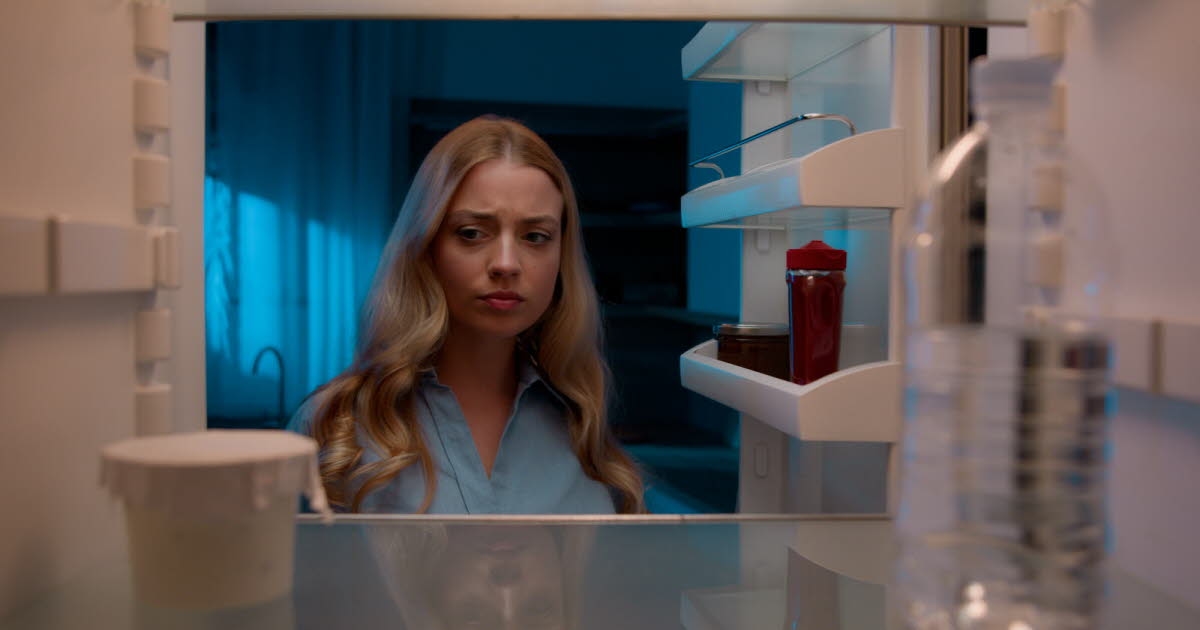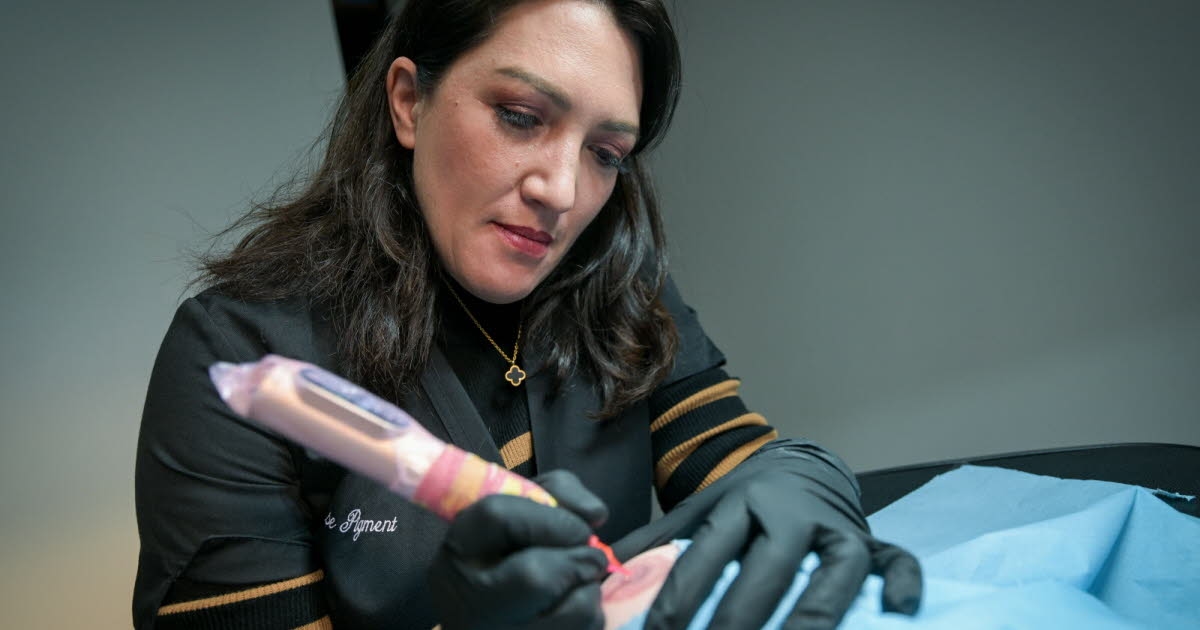"I become his hands and arms": Suzana, Philippe Croizon's partner, talks about her life as a caregiver

"I'm the one who becomes his hands and arms." Suzana Sabino is the partner of Philippe Croizon, a French athlete and the first quadruple amputee to swim the English Channel in 2010. Interviewed by BFMTV , the fifty-year-old is one of the eight to eleven million caregivers who provide daily support to a loved one who is losing their independence because they are elderly, ill, or disabled.
This figure, revealed by the National Solidarity Fund for Autonomy (CNSA) , highlights the importance of their presence and the near-invisibility of their commitment to society. How do these caregivers, who sometimes put their personal lives and professional careers on hold, manage to hold on?

Before meeting Philippe Croizon on a dating site in 2006, Suzana Sabino says, she "didn't know anything about the world of disability." In fact, she "had no idea that people who cared for a disabled, sick, or elderly person had a name."
Moreover, the woman who says she supports her husband "out of love" did not "recognize herself as a caregiver right away." But quickly, the task "engulfed her," says the mother. "We get tired, we forget ourselves... For my part, I forgot a lot of things, whereas before, I didn't forget anyone," she shares.
When she met Philippe Croizon at the age of 38, Suzana Sabino was working as a goat herder and had to take care of her three young children. "We had to organize ourselves differently," she says. "I had to think about Philippe and my children first, rather than myself," the caregiver confides. "When I wasn't well, I still had to do the job. Even when I was sick, even when I was tired," she says, admitting that "often, the role of caregiver takes over that of woman."
"We gain in creativity because we find ways to make everyday life easier," says Suzana Sabino.
As both a wife and a caregiver, Suzana Sabino has often struggled to balance these two roles simultaneously. While she says she takes on this role "out of love" and "loves doing what she does," the caregiver doesn't hide the exhaustion it causes. Moreover, the mother admits to having "broken down twice" due to "an overly burdensome caregiver role." She needed a three-week break to gain perspective. "I didn't know who I was anymore," recalls Suzana Sabino.
In France, the term "carer" has only been used for about ten years, explains Hélène Rossinot, a public and social health physician. "In other countries, this term has been used for 50 years," she compares. A specialist in the issue, the health professional would like " social and legislative recognition for caregivers of chronically ill people."
"Mental and physical fatigue can lead to exhaustion, even burnout," warns Hélène Rossinot.
A decree signed last August allows for better support for caregivers, who sometimes work alone. "A single professional can now work for up to six consecutive days with the person receiving care, as a substitute at home or during caregiver-care recipient respite stays," specifies the National Solidarity Fund for Autonomy.
BFM TV




